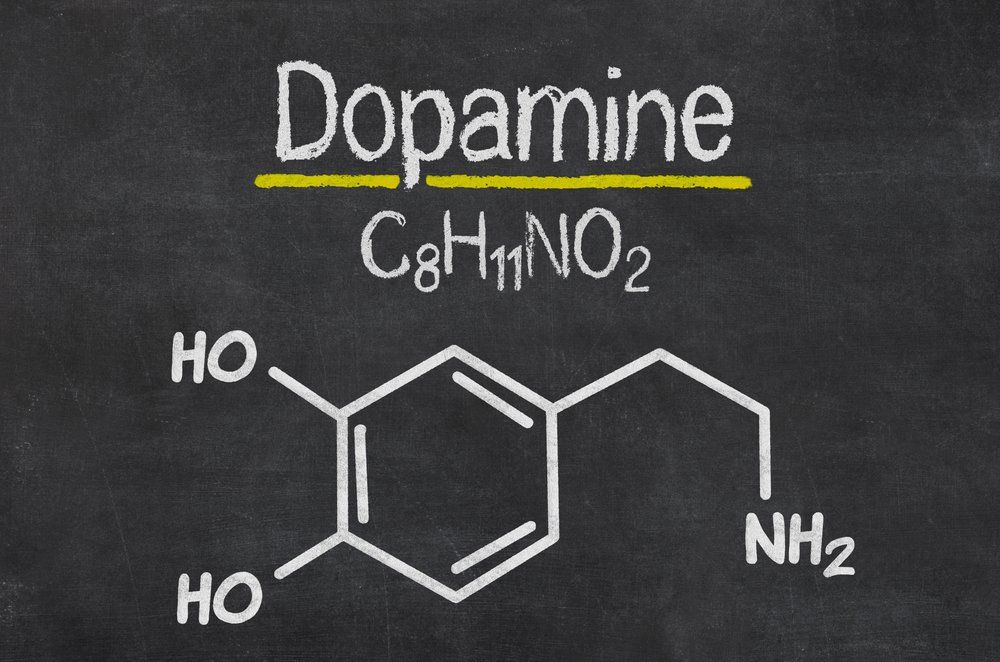Smoking too much cannabis causes dopamine deficits in the brain
There’s no doubt that getting high can make you do some pretty dumb stuff, although the scientific community remains split over whether or not smoking too many joints causes lasting cognitive impairment. The latest research into this controversial subject has found evidence of a connection between excessive cannabis use and decreased dopamine levels in the brain, which could in turn lead to memory, attention, and problem-solving deficits.
Dopamine is a neurotransmitter that plays a key role in the brain’s so-called reward center, and is released in response to pleasurable stimuli like eating cake, having sex, and taking drugs. This is what makes many drugs so addictive (and cake so irresistible), although research suggests that excessive use of these substances causes a dopamine imbalance, with lower concentrations of the chemical being released in parts of the brain such as the striatum.
Importantly, dopamine deficits in the striatum have been associated with reduced cognitive performance. Given that THC – the active ingredient in cannabis – is known to stimulate dopamine neurons throughout the brain, lead researcher Anissa Abi-Dargham explained that “it is important to look more closely at the potentially addictive effects of cannabis on key regions of the brain.”
To do so, she and a group of colleagues used a technique called positron emission tomography (PET) to examine the levels of dopamine released in the striatum of 11 cannabis-dependent people after receiving a dose of oral amphetamine, which stimulates the brain to release the neurotransmitter. The results – which are published in the journal Molecular Psychiatry – indicate that, compared to non-dependent subjects, these participants did indeed exhibit reduced dopamine levels.

To explore the impact of this finding, the researchers then subjected all participants to a series of tests designed to assess their cognitive functioning. Those with cannabis dependence achieved worse scores for memory and attention than non-dependent participants, leading the study authors to comment that “lower dopamine release may contribute to the negative functional impact of chronic cannabis users.”
However, the researchers also point out that they “cannot show a causal relationship” between cannabis use and dopamine deficit, explaining that they can’t be sure “whether decreased dopamine was a preexisting condition or the result of heavy cannabis use.”
Taking their investigation a step further, the study authors also measured levels of another neurotransmitter called glutamate in a brain region called the hippocampus. In schizophrenics, elevated glutamate levels in this part of the brain are known to negatively affect dopamine levels, resulting in a number of psychopathological symptoms.
Given that a link between excessive cannabis use and schizophrenia has previously been suggested, the researchers hypothesized that the dopamine deficits experienced by regular stoners may be modulated by glutamate, thereby confirming this link. However, they did not detect any signs of glutamate imbalances in the hippocampus, and therefore found no evidence of any connection between weed smoking and schizophrenia.
While the results of this research are not entirely conclusive, they do shed light on some of the potential dangers of excessive cannabis use, suggesting that it may be better to just stick to cake.





